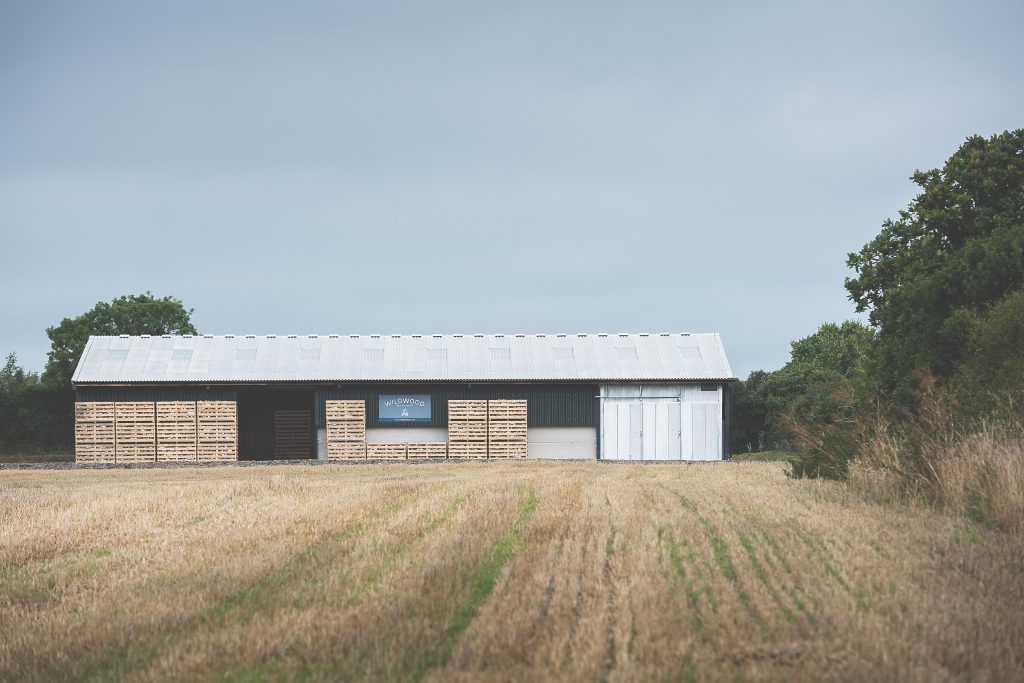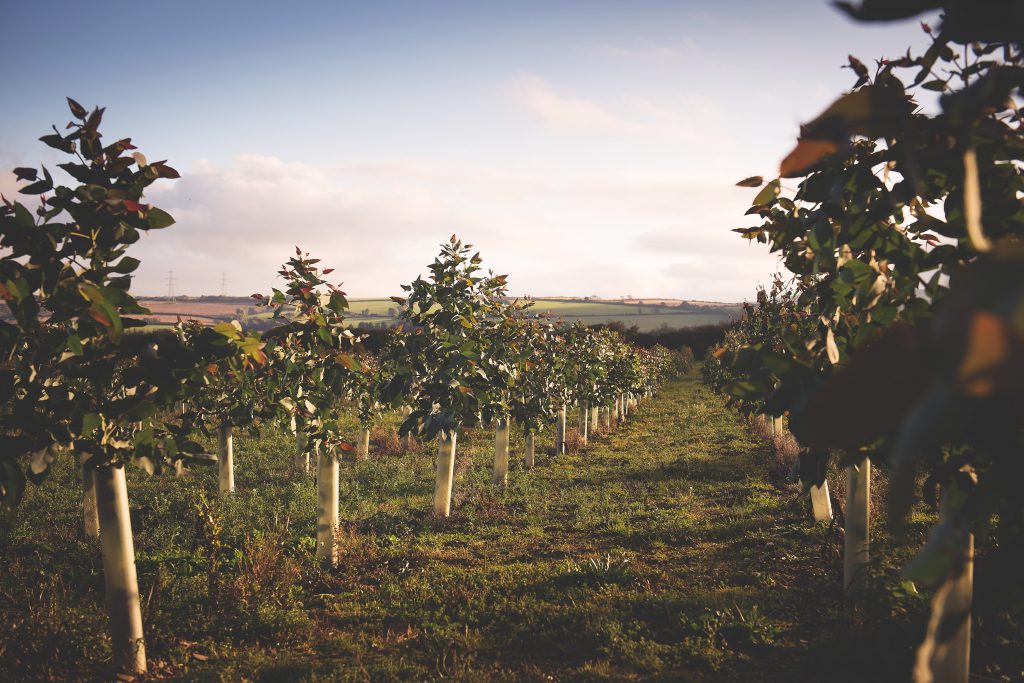How to reduce the environmental impact of heating your home
The environmental impact humans are having is increasingly coming under the spotlight as an issue that we can do more to reduce. We have included below some of the benefits of using wood burners on the environment, and what you can do to reduce the environmental impact of heating your home.
Effectively utilising wood as a source of heat in the house can be a carbon-neutral solution. As trees grow they capture the equivalent amount of carbon that is released when their wood is burned. This is only the case however if some key factors are met.
Buy Local
Local sourcing of your firewood will greatly reduce the carbon footprint. In the UK we have a large demand for firewood with limited supply, resulting in a large number of wood imports from Europe or North America. The emissions of the transport of wood would greatly increase your environmental impact, easily offsetting any benefits gained from using this renewable fuel.

Seasoned Wood
Well-seasoned wood is a must for efficient heat output. Kiln-dried is by far the most superior wood for heat efficiency and also releases less soot and tar into the atmosphere. In terms of heat output and efficiency, one kiln-dried log is the equivalent of burning three non-dried logs as so much energy is wasted evaporating the excess moisture.
Whilst you may think burning scrap wood would be an ecological way to dispose of it, we recommend against this. Old pieces of construction wood, when burned, will release the chemicals they are treated with when in the lumber yard into the atmosphere which can be detrimental to your health and the environment.
Burner Efficiency
The efficiency of your log burner will also play a factor. The more efficient it is, the less fuel you will need to warm the house and the emissions created will be reduced. In fact, new regulations will be introduced in 2022, limiting the sale of inefficient stoves and burners. Also, regular cleaning of your chimney and flue will increase efficiency and help prevent the chance of a chimney fire.
Forest Management

A supplier of firewood that properly manages their crop is another factor to consider. Wildwood won the RFS Excellence in Forestry Climate Change Silver Award for their work in this area. Planting a diverse range of eucalyptus trees perfectly suited for north Cornwall and proper maintenance, including pruning, thinning and replanting all help maximise growth and improve woodland biodiversity and potential flood alleviation.
Insulation
And yes, one of the best things you can do to reduce the environmental impact of heating is to ensure your home is well insulated. Insulation reduces the amount of heat that can escape your house and reduces the amount of cold air that can enter. This means that once a fire is lit, the heat will stay at home meaning you need to burn fewer logs to keep yourself nice and toasty.
At Wildwood we only sell the highest quality, local kiln-dried logs. Throughout all of our business processes, we do our best to reduce the impact we have on the environment. We believe you should too, and heating your home with local kiln-dried firewood is one of the best ways you can participate in a carbon-neutral heating system.


